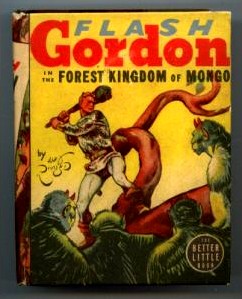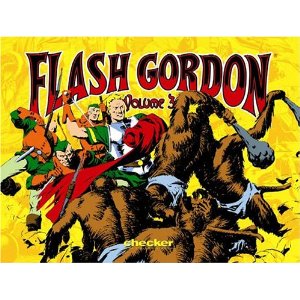Goth Chick News: 13 Questions for the Creators of the New Super Hero Comic Legacies End
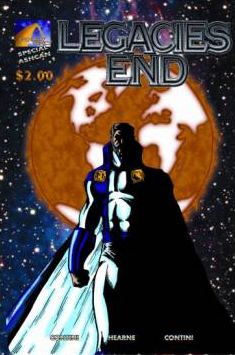 As discussed last week I had the distinct pleasure of covering the Chicago Comic-Con for Black Gate earlier this month. About 20% of the enormous convention center is dedicated to comic artists and creators, set up in an area called “Artist’s Alley.” There you could see a bewildering array of amazing illustrations from the Japanese anime style to traditional pen and ink, and meet the creative minds behind both popular super heroes (last year I got to meet Gary Friedrich, creator of Ghost Rider) as well as emerging new talent.
As discussed last week I had the distinct pleasure of covering the Chicago Comic-Con for Black Gate earlier this month. About 20% of the enormous convention center is dedicated to comic artists and creators, set up in an area called “Artist’s Alley.” There you could see a bewildering array of amazing illustrations from the Japanese anime style to traditional pen and ink, and meet the creative minds behind both popular super heroes (last year I got to meet Gary Friedrich, creator of Ghost Rider) as well as emerging new talent.
It was there I found my friend and film actor Jason Contini (star of Shadowland) along with his partners, brother Nathan Contini, Justin Mitchiner and Nicholas Hearne promoting their new comic series Legacies End.
The gents were kind enough to give me an early look and I must say, even though I’m a bit of a super hero traditionalist (Wonder Woman for example), I absolutely loved this very modern day approach. Think X-men and Watchman meet Kick Ass and you wouldn’t be far off.
Clearly, I had to know more.
An Interview With Jason Contini, Nathan Contini, Justin Mitchiner and Nicholas Hearne
Conducted and transcribed by Sue Granquist, August 2011
GC: How did you get into creating comics? Was it to meet girls?
NICHOLAS: Why else would a red blooded American man create a comic book but to meet girls?! Geek chicks are the best!!! (GC: so what are you implying, Nicholas??)
JASON: Well, I think that’s the main reason to do anything, right? Girls!! No, I think for us, it was more that we were all super comic book fans for nearly most of our lives. And we’ve all talked about doing a comic book of our own for years.
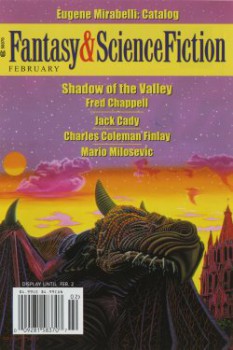 As I began the second story in the latest issue of Black Gate, I was forcefully (but not forcibly) reminded of a review I wrote some years ago for Tangent Online.
As I began the second story in the latest issue of Black Gate, I was forcefully (but not forcibly) reminded of a review I wrote some years ago for Tangent Online.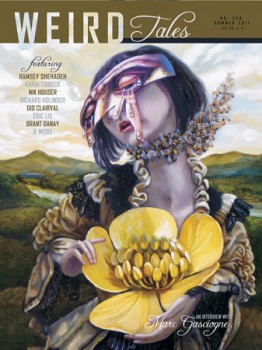
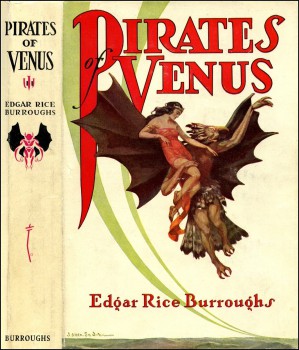 Next year brings the hundredth anniversary of Edgar Rice Burroughs’s first two published novels:
Next year brings the hundredth anniversary of Edgar Rice Burroughs’s first two published novels: 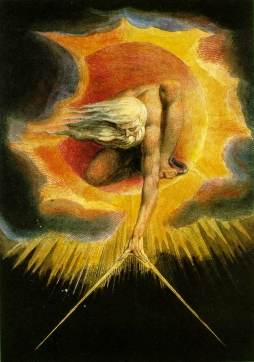 Perhaps my favourite fantasy writing is arguably not fantasy at all. The epics and prophecies of William Blake certainly read like fantasy to many people, I think, albeit fantasy in a distinctive, unfamiliar form. But is the word appropriate? Blake himself was a visionary — he literally saw visions — and may well have believed that some at least of his writing was literally true. Does the definition of fantasy reside in the writer, or the reader? And how would Blake himself want his writing to be viewed?
Perhaps my favourite fantasy writing is arguably not fantasy at all. The epics and prophecies of William Blake certainly read like fantasy to many people, I think, albeit fantasy in a distinctive, unfamiliar form. But is the word appropriate? Blake himself was a visionary — he literally saw visions — and may well have believed that some at least of his writing was literally true. Does the definition of fantasy reside in the writer, or the reader? And how would Blake himself want his writing to be viewed?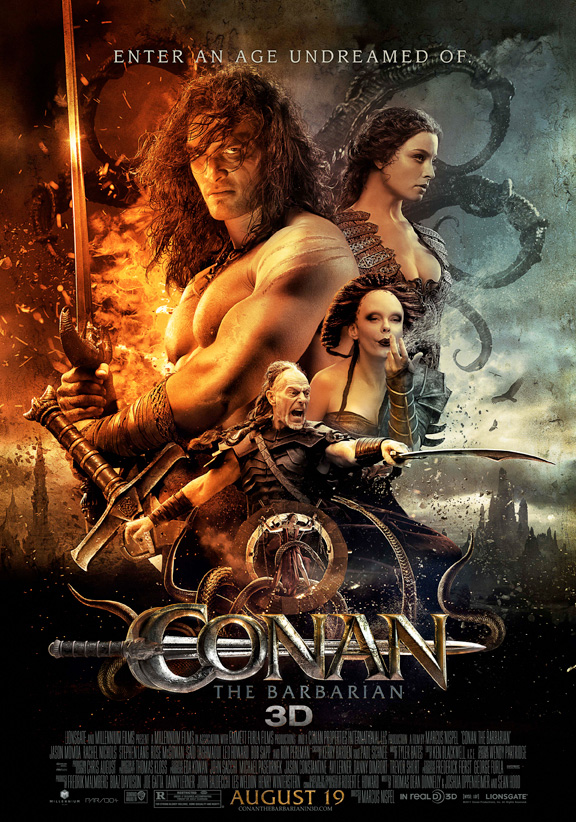 Friends, Bloggers, Conan Fans, lend me your ears! I come not to defend the new CONAN movie, but to present an informal overview that examines what works and what doesn’t work. To begin, I’ve seen a lot better movies … and I’ve seen a LOT worse movies.
Friends, Bloggers, Conan Fans, lend me your ears! I come not to defend the new CONAN movie, but to present an informal overview that examines what works and what doesn’t work. To begin, I’ve seen a lot better movies … and I’ve seen a LOT worse movies.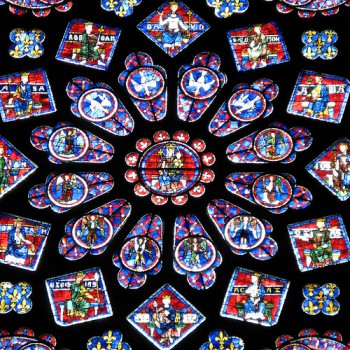
 The new
The new 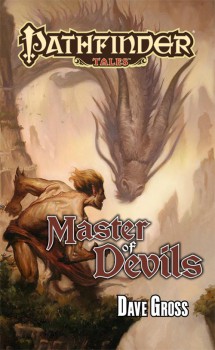 Master of Devils
Master of Devils